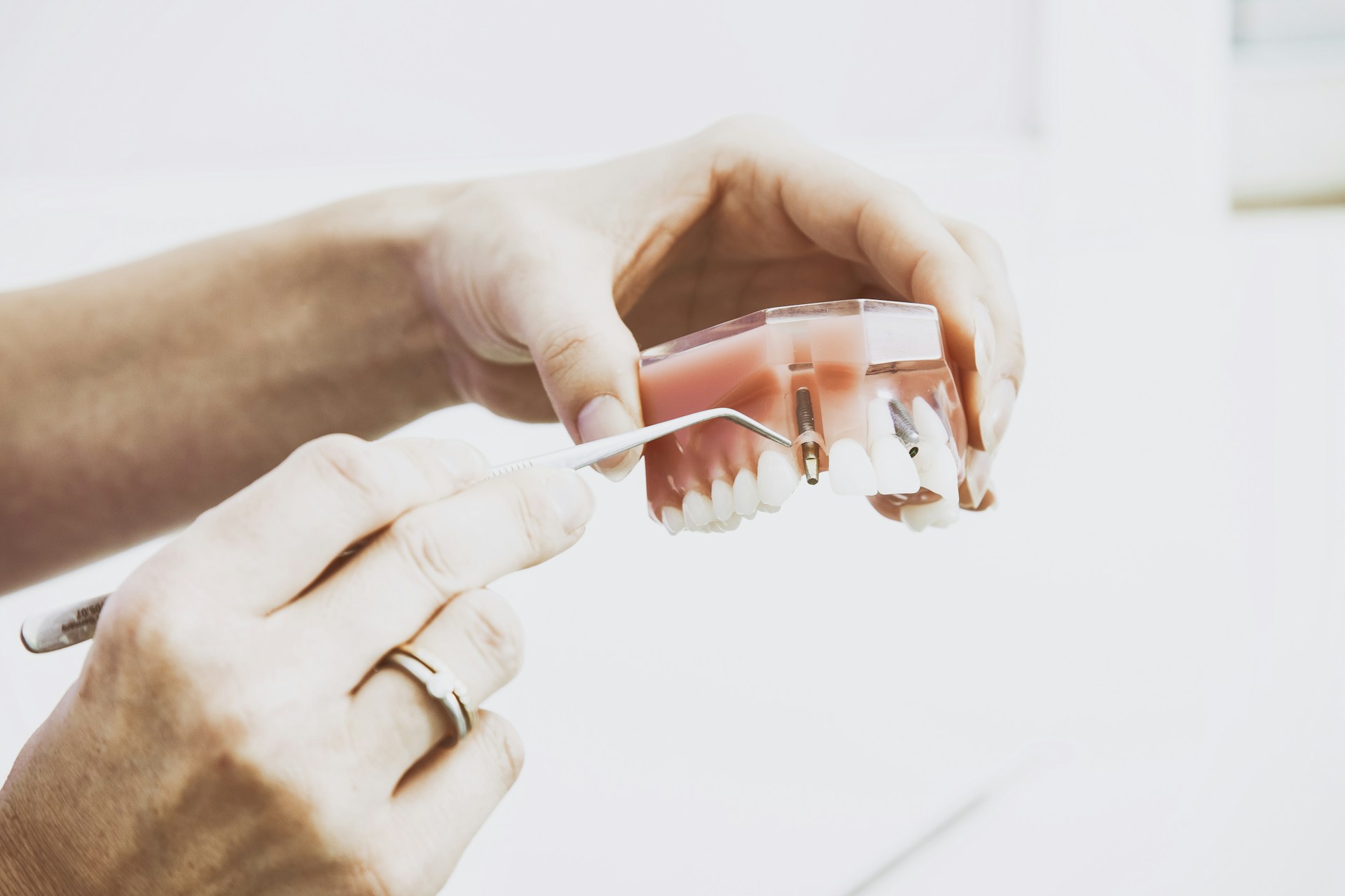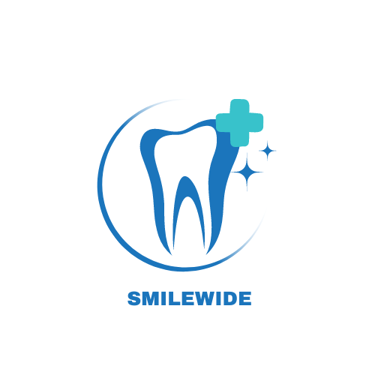SMILE- It costs nothing !!!
Role of Dentin Bonding Agents in Dentistry
Explore the essential role of dentin bonding agents in dentistry. Discover their benefits, application techniques, and how they enhance dental restorations for improved patient outcomes, ensuring better care and satisfaction.
1/6/20252 min read
Dentin Bonding Agents
Dentin bonding agents play a crucial role in modern dentistry, enabling effective adhesion between dental materials and tooth surfaces.
These agents are essential in restorative procedures, offering durability and longevity to dental restorations.
What Are Dentin Bonding Agents?
Dentin bonding agents, commonly referred to as dental bonding adhesive or dental composite glue, are specially formulated substances that bond restorative materials, such as composites, to the dentin layer of a tooth.
These agents ensure a secure attachment, minimizing the chances of restoration failure.
How Do Bonding Agents Work?
The process involves three primary steps:
Etching: The dentin surface is conditioned to create microscopic porosities.
Priming: A primer is applied to infiltrate the etched surface, enhancing its compatibility with the adhesive.
Bonding: A dental bond material is applied, forming a durable connection between the tooth and the restorative material.
This three-step process ensures effective adhesive bonding for teeth, making restorations strong and durable.
Types of Dental Bonding Adhesive
Etch-and-Rinse Bonding Agents:
Require a separate etching step.
Provide reliable adhesion, especially for extensive restorations.
Self-Etch Bonding Agents:
Combine etching and priming in one step.
Simplify the procedure and reduce sensitivity.
Universal Bonding Agents:
Offer versatility by functioning as both etch-and-rinse and self-etch systems.
These dental bond materials cater to various clinical needs, ensuring optimal performance in different scenarios.
Applications of Dental Bonding Agents
Restorative Dentistry:
Bonding agents are indispensable for attaching dental composite glue to teeth during fillings or repairs.Cosmetic Procedures:
They play a vital role in procedures like veneers, where adhesive bonding for teeth ensures aesthetics and functionality.Orthodontics:
Used in bonding brackets to teeth for braces, ensuring strong adhesion throughout the treatment period.
Benefits of Using Dentin Bonding Agents
Enhanced Longevity:
Dental bonding adhesive ensures restorations remain intact for years.Minimized Sensitivity:
Modern agents reduce post-procedure sensitivity, improving patient comfort.Improved Aesthetics:
Dental composite glue seamlessly blends with natural teeth, providing a natural look.Versatility:
These agents work with various materials, making them an essential tool in every dental clinic.
Choosing the Right Dental Bond Material
The choice of a bonding agent depends on:
The type of restoration.
The condition of the tooth surface.
The desired longevity of the restoration.
Consulting with a dental professional ensures the appropriate selection of adhesive bonding for teeth based on individual needs.
Dentin bonding agents have revolutionized restorative and cosmetic dentistry, offering unparalleled adhesion and durability.
With advancements in technology, these agents continue to enhance the efficiency and effectiveness of dental treatments, ensuring healthy and beautiful smiles for all.

Contact Smiles
drdeepi15@gmail.com
Dr. Deepika B.D.S
© 2025 SmileWide Dental. All Rights Reserved.
Have doubts ..?


